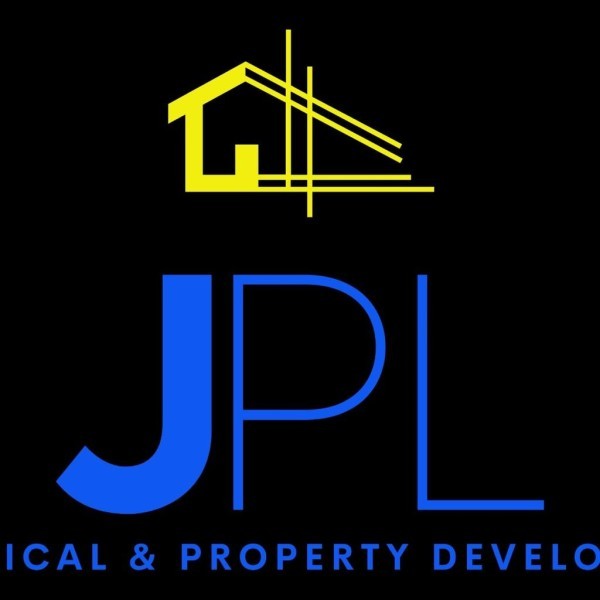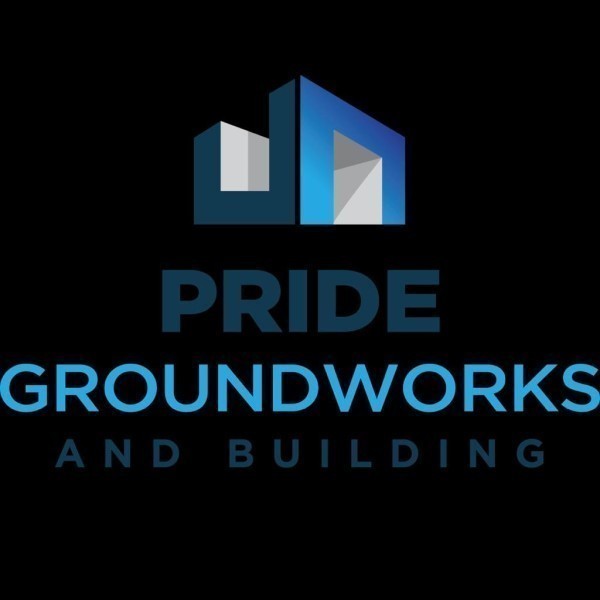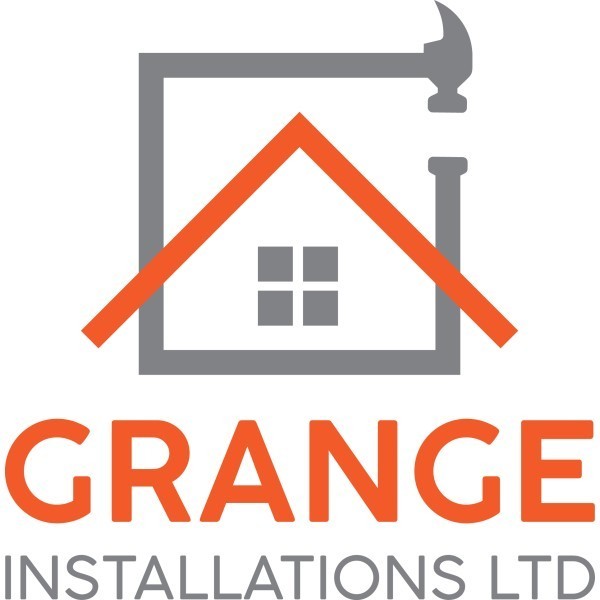Extension Builders in Uppingham
Filter your search
Post your job FREE and let trades come to you
Save time by filling out our simple job post form today and your job will be sent to trades in your area so you can sit back, relax and wait for available trades to contact you.
Post your job FREESearch Extension Builders in places nearby
Understanding the Role of Extension Builders in Rutland
Rutland, the smallest historic county in England, is a charming place with its picturesque landscapes and quaint villages. As more people seek to enhance their living spaces, the demand for extension builders in Rutland has grown significantly. These professionals play a crucial role in transforming homes, adding value, and improving functionality. In this article, we'll explore the various aspects of extension building in Rutland, providing a comprehensive guide for homeowners considering such projects.
The Importance of Home Extensions
Home extensions offer a practical solution for families needing more space without the hassle of moving. Whether it's a growing family, a need for a home office, or simply the desire for a larger kitchen, extensions can cater to various needs. In Rutland, where property prices can be steep, extending an existing home is often more economical than purchasing a new one.
Benefits of Home Extensions
- Increased Living Space: Extensions provide additional room for various purposes, enhancing the overall functionality of a home.
- Added Property Value: A well-executed extension can significantly increase the market value of a property.
- Customisation: Homeowners can tailor extensions to meet their specific needs and preferences.
- Avoiding the Stress of Moving: Extensions eliminate the need to relocate, which can be a stressful and costly process.
Types of Home Extensions
When considering an extension, it's essential to understand the different types available. Each type serves a unique purpose and comes with its own set of considerations.
Single-Storey Extensions
Single-storey extensions are popular for expanding ground-floor living areas. They are often used to enlarge kitchens, dining rooms, or living rooms. These extensions can be built to the side, rear, or even the front of a property, depending on available space and planning permissions.
Double-Storey Extensions
Double-storey extensions provide additional space on two levels, making them ideal for adding bedrooms or bathrooms. While they require more structural work and planning, they offer a substantial increase in living space.
Wrap-Around Extensions
Wrap-around extensions combine side and rear extensions, creating a large, open-plan area. This type of extension is perfect for those looking to create a spacious kitchen-diner or a family room.
Conservatories and Orangeries
Conservatories and orangeries are popular choices for those seeking a bright, airy space. These structures often feature large windows and glass roofs, providing a seamless connection to the garden.
Choosing the Right Extension Builder in Rutland
Selecting the right builder is crucial to the success of any extension project. In Rutland, there are numerous builders to choose from, each offering different levels of expertise and service.
Research and Recommendations
Start by researching local builders and seeking recommendations from friends, family, or neighbours who have undertaken similar projects. Online reviews and testimonials can also provide valuable insights into a builder's reputation and quality of work.
Experience and Expertise
Look for builders with extensive experience in home extensions, particularly those familiar with the specific challenges and regulations in Rutland. An experienced builder will be able to navigate planning permissions and building regulations with ease.
Portfolio and References
Review the builder's portfolio to assess the quality and style of their previous work. Request references from past clients to gain a better understanding of their work ethic and reliability.
Transparent Pricing
Obtain detailed quotes from multiple builders to compare costs. Ensure that the quotes are transparent, with no hidden fees, and cover all aspects of the project, including materials, labour, and any additional services.
Planning Permission and Building Regulations
Before commencing any extension project, it's essential to understand the planning permissions and building regulations that apply in Rutland.
When is Planning Permission Required?
Planning permission is typically required for larger extensions or those that significantly alter the appearance of a property. However, some smaller extensions may fall under permitted development rights, which do not require formal permission.
Understanding Building Regulations
Building regulations ensure that all construction work meets safety and quality standards. These regulations cover aspects such as structural integrity, fire safety, and energy efficiency. It's crucial to work with a builder who is knowledgeable about these regulations to ensure compliance.
Designing Your Home Extension
The design phase is a critical step in any extension project. A well-thought-out design will ensure that the new space meets your needs and complements the existing structure.
Working with an Architect
Consider hiring an architect to help design your extension. An architect can provide valuable insights into space utilisation, aesthetics, and functionality. They can also assist with obtaining planning permissions and ensuring compliance with building regulations.
Incorporating Sustainable Features
Many homeowners are now opting for sustainable features in their extensions, such as energy-efficient windows, solar panels, and eco-friendly materials. These features not only reduce environmental impact but can also lower energy bills.
Maximising Natural Light
Incorporating large windows, skylights, or glass doors can enhance the sense of space and bring in natural light, creating a bright and welcoming environment.
Cost Considerations for Home Extensions
The cost of a home extension can vary significantly depending on factors such as size, complexity, and materials used. It's essential to establish a realistic budget and plan accordingly.
Factors Influencing Extension Costs
- Size and Scale: Larger extensions will naturally cost more due to increased material and labour requirements.
- Materials: The choice of materials can greatly impact the overall cost. High-end finishes and bespoke features will increase expenses.
- Location: Building costs can vary by region, with prices in Rutland potentially differing from other areas.
- Complexity: More complex designs or those requiring significant structural changes will incur higher costs.
Budgeting for Unexpected Expenses
It's wise to set aside a contingency fund to cover any unexpected expenses that may arise during the project. This fund can help avoid financial strain and ensure the project stays on track.
Project Management and Timeline
Effective project management is crucial to the success of any home extension. Understanding the timeline and key milestones can help ensure the project runs smoothly.
Setting a Realistic Timeline
Work with your builder to establish a realistic timeline for the project. Consider factors such as planning permissions, weather conditions, and the availability of materials and labour.
Regular Communication
Maintain regular communication with your builder to stay informed about progress and address any issues promptly. Regular updates can help prevent misunderstandings and keep the project on track.
Frequently Asked Questions
- Do I need planning permission for a small extension in Rutland? It depends on the size and location of the extension. Some small extensions may fall under permitted development rights.
- How long does a typical home extension take to complete? The timeline varies depending on the size and complexity of the project, but most extensions take several months to complete.
- Can I live in my home during the extension work? In many cases, yes, but it may depend on the extent of the work and your personal preferences.
- What should I look for in a builder's contract? Ensure the contract includes detailed information about costs, timelines, and the scope of work.
- How can I ensure my extension is energy-efficient? Consider incorporating sustainable features such as energy-efficient windows and insulation.
- What are the most common mistakes to avoid when planning an extension? Common mistakes include underestimating costs, not obtaining necessary permissions, and failing to plan for future needs.
In conclusion, embarking on a home extension project in Rutland can be an exciting and rewarding endeavour. By understanding the various aspects involved, from choosing the right builder to navigating planning permissions, homeowners can ensure a successful outcome that enhances their living space and adds value to their property.












